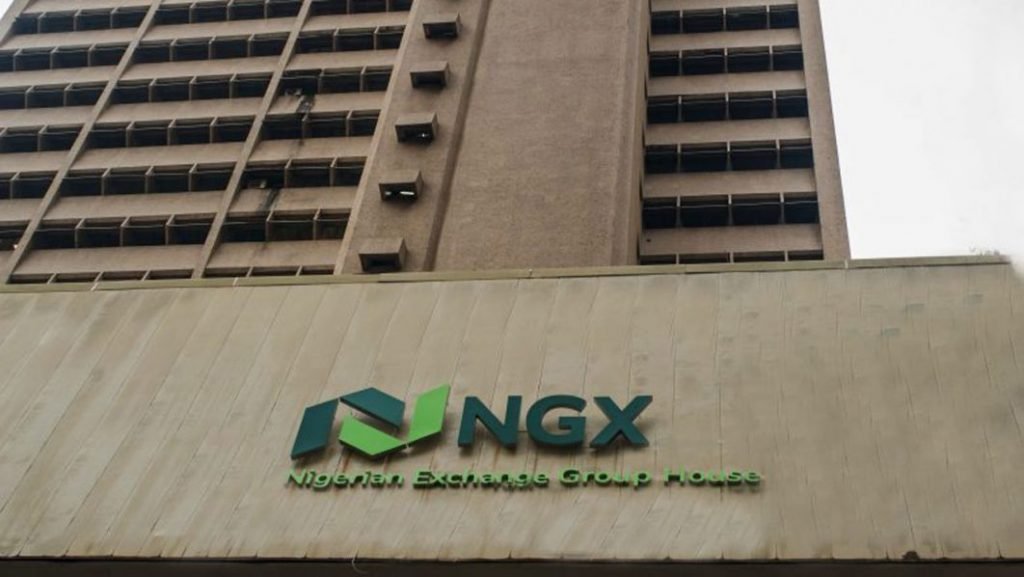
Nigeria’s capital market is facing a growing crisis as nearly ₦1 trillion in market value has been wiped out through company delistings from the Nigerian Exchange Limited (NGX) over the past 10 years—raising alarm over long-term investor confidence, market depth, and economic inclusion.
The latest blow came with the formal exit of Notore Chemical Industries Plc, a key agro-industrial player and one of the exchange’s largest companies by market value. Notore, which held a market capitalisation of ₦252 billion—representing 0.33% of the NGX’s equity value—joined a swelling list of firms opting out of public ownership amid a challenging operating and regulatory environment.
This exit adds to a troubling pattern: between 2015 and Q1 2025, over ₦957 billion in capitalisation has been lost to delistings, prompting urgent calls from shareholders and market stakeholders for regulatory and policy reforms to stem the tide.
Despite the NGX recently crossing a record market capitalisation of ₦70 trillion, shareholders argue that this headline growth masks a more concerning reality—one marked by increased concentration of value in a few dominant companies and a steady erosion of market diversity.“We are losing valuable companies not because they lack potential, but because the ecosystem is no longer supportive,” said Moses Igbrude, President of the Independent Shareholders Association of Nigeria. “The cost of staying listed has outweighed the perceived benefits.”
According to Igbrude, issues such as high compliance costs, regulatory bottlenecks, poor liquidity, and limited investor engagement have made the stock market unattractive for many firms, especially in an economy grappling with inflation, currency instability, and low ease of doing business.
The crisis is not just about the number of companies exiting the market—it’s about the growing perception that the public market no longer offers the strategic advantages it once promised.
In 2023 alone, 11 companies delisted, collectively erasing ₦515.15 billion in shareholder value. Notable among them were Union Bank of Nigeria (₦193.65bn), PZ Cussons (₦91.32bn), GSK Nigeria (₦19.91bn), and Ardova Plc (₦21.82bn). The trend continued into the first quarter of 2025, with four additional exits—including MedView Airline, Union Homes Savings & Loans, and Tourist Company of Nigeria—accounting for a combined loss of ₦25.27 billion.
Industry experts warn that if left unaddressed, this trend could reduce the NGX to a thin pool of elite stocks, rather than a vibrant marketplace for broad-based economic participation.“The illusion of growth through market capitalisation doesn’t reflect investor diversity or market inclusiveness,” said Uwem Olubummo, Team Lead of Finance Research at InvestingPort. “Delistings show us that companies are increasingly disillusioned with the value proposition of remaining on the exchange.”
Patrick Ajudua, President of the New Dimension Shareholders Association of Nigeria, echoed this concern, blaming prolonged unprofitability, policy inconsistency, and capital flight as key drivers of the decline in listings.
He argued that until Nigeria creates a more investment-friendly environment with stronger legal protections and incentives for listed firms, the capital market will struggle to fulfil its role in financing national development.
The delisting wave, analysts say, reflects deep structural challenges—from rising operating costs and macroeconomic headwinds to a disconnect between regulatory frameworks and the realities faced by businesses.“The market is bleeding long-term value, and this should be a wake-up call to regulators,” Ajudua said. “We must rethink the purpose and structure of the capital market to attract, not repel, companies.”
As Nigeria strives to position itself as an investment hub in Africa, stakeholders are now calling for urgent, collaborative reforms between government, regulators, and market operators to reverse the delisting trend and rebuild trust in the nation’s capital markets.






